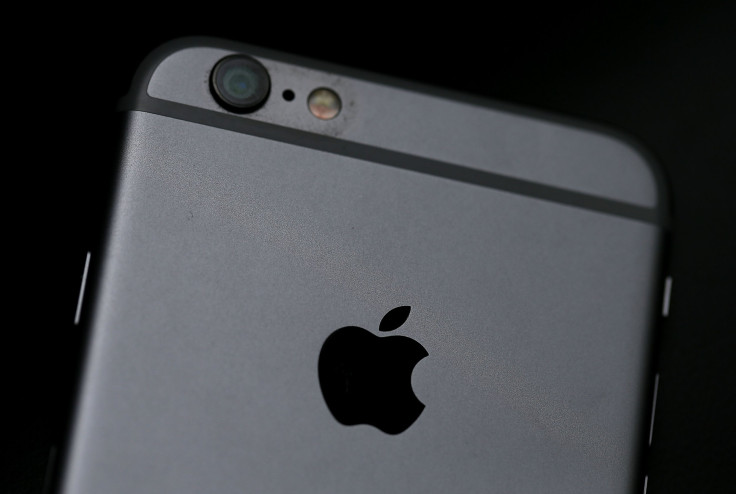British Woman Suffers Horrific Skin Damage From Blue Light In Computers And Phones

The blue light emitted by computer and phone screens are not as harmless as some may think. A woman from Surrey, U.K has found herself to be a living proof of how technology can have devastating impacts on the human body.
Skin tests have shown that HEV light, the so-called blue light emitted by screens of ubiquitous devices today, was causing 29-year-old Bianca Knight to age faster.
Knight used to work in the banking industry but she decided to change career at the age of 25 and moved over to working in the cosmetic industry. This was the time she started to get more conscious about her skin.
A Brown Scale Surface Pigmentation Test revealed that her dark spots were caused by blue light. Knight then decided to get a skin peel in an effort to improve the condition of her skin, which suffered from the effects of everyday use of technology.
“People don’t realise that everyday things like using your phone and watching TV or working on the computer omits HEV Light which is extremely ageing on the skin,” she said.
Why does blue light damage the skin? HEV light has a longer wavelength compared with UVA and UVB light, which means it can penetrate skin mode deeply. It can also damage the DNA, and the collagen and elastin that help keep the skin firm and supple. If the skin sustains these damages long enough, it could result in wrinkles.
Fortunately, Knight underwent treatments that helped shed layers of her damaged skin. When Knight had another test to see if there were any improvements, the results were far better than before.
Knight now wears SPF 30 as part of her daily skincare routine. It provides her protection from just from UVA and UVB, but also from HEV.
This is not the first time researchers found an association between bluelight and an unwanted health effect.
Earlier studies have also shown that exposure to blue light particularly at night can cause insomnia and sleeplessness. Other studies also suggest a link between exposure to light at night to diabetes, heart disease, obesity and some types of cancer.





















